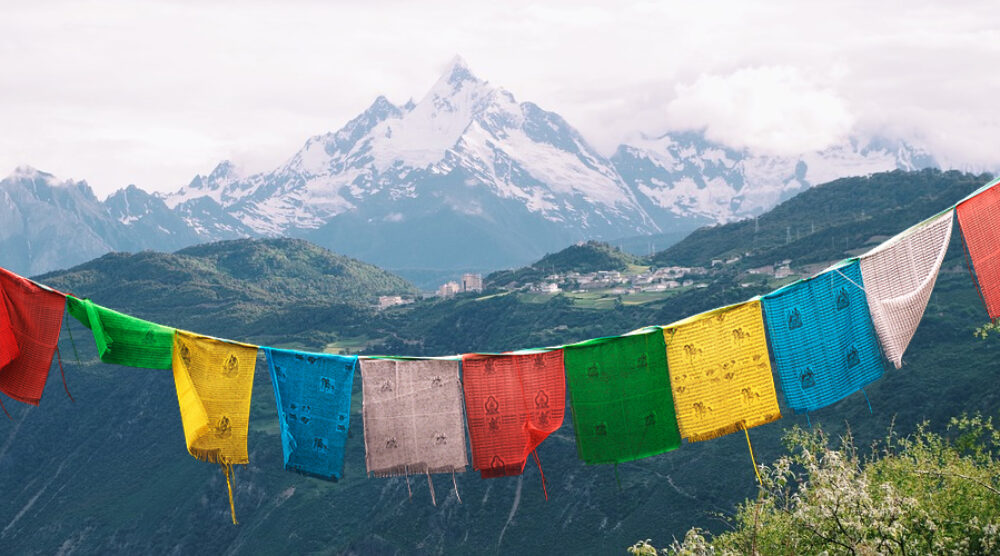China’s decision to block Pakistani Masood Azhar’s designation as a terrorist at the UN yet again is likely to test the limits of the tactical ‘reset’ in Sino-Indian relations in place since the Wuhan summit between Chinese President Xi Jinping and Indian Prime Minister Narendra Modi in April last year. Another recent, if low-key, development has the potential to set the tone for the future of the relationship between the two countries. The Dalai Lama, the spiritual leader of the Tibetan community, has thrown a spanner in the works by saying that his next reincarnation, who will be the 15th Dalai Lama, could ‘come from India’.
Unsurprisingly, the Chinese government has rejected this statement and insists that the Dalai Lama’s reincarnation ‘must follow Chinese law’. India has provided sanctuary to thousands of Tibetan refugees including the current Dalai Lama since 1959, something that’s a major thorn in Sino-Indian relations, even though India maintains that it doesn’t challenge Beijing’s sovereignty over Tibet.
The Panchen Lama is an important Tibetan spiritual figure whose duties include anointing the Dalai Lama. In 1995, China kidnapped and imprisoned the 11th Panchen Lama (when he was six years old) days after he was appointed by the current Dalai Lama and his whereabouts are unknown. China has nominated its own Panchen Lama and will undoubtedly anoint someone as a Dalai Lama in due course.
Please click here to read the full “India should play the Tibet card with China” article at The Strategist, written by Griffith Asia Institute Research Assistant, Aakriti Bachhawat.








